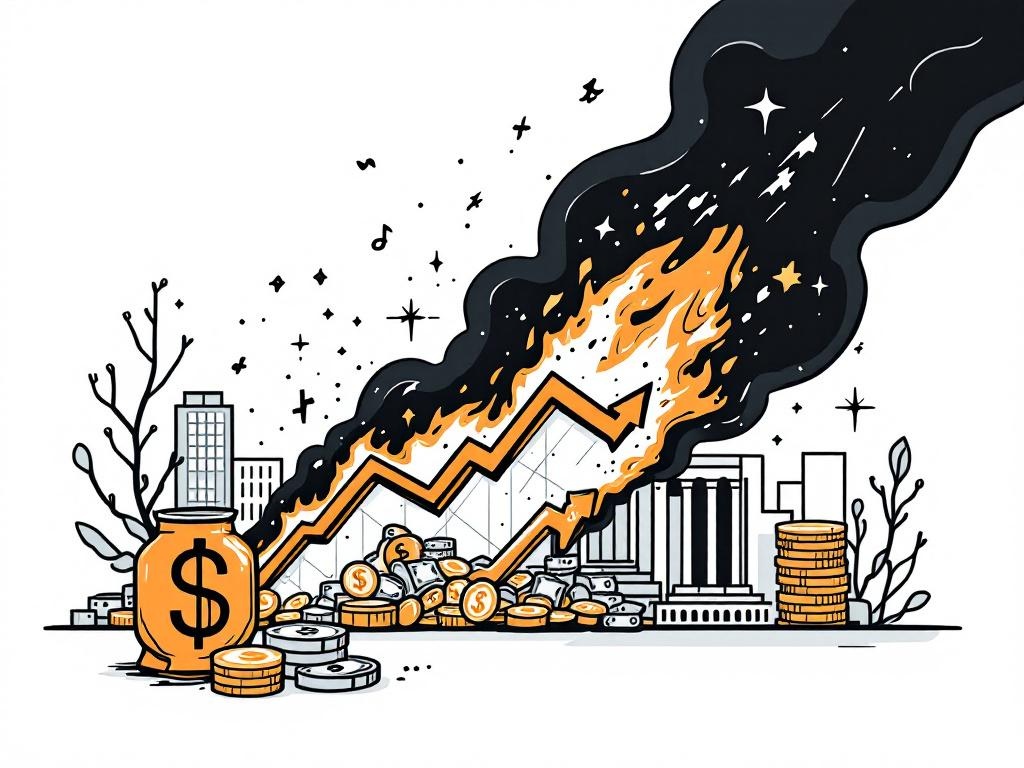Dow Jones Drops as Inflation Concerns Shake Investor Confidence

New York, Wednesday, 16 July 2025.
On July 15, 2025, the Dow Jones fell 436.36 points due to rising inflation concerns and mixed earnings reports, leading to fears over economic stability.
Economic Challenges Amid Inflation Concerns
On Tuesday, July 15, 2025, the Dow Jones Industrial Average experienced a significant decline, falling 436.36 points to close at 44,023.29, marking a 0.98% decrease. This decline came amid growing concerns over inflation as recently released June data indicated an annual increase of 2.7%, even though it aligned with market expectations [1][2].
Mixed Earnings Reports Adding to Investor Worries
Investor sentiment was further dampened by mixed earnings reports from several major financial institutions. Notably, Wells Fargo & Co and Citigroup Inc released earnings results that were met with lukewarm responses, despite some performances exceeding expectations [1][5]. This contributed to a broader market unease, reflecting fears over potential economic instability moving forward [5].
Impact on Various Market Sectors
While the Nasdaq Composite offered a brighter outlook thanks to Nvidia’s positive performance, which lifted the index by 0.18% to 20,677.80, the overall market saw volatility [1]. The tech-heavy index benefited from significant gains in Nvidia shares, which surged following the announcement of resumed chip sales in China [5]. However, other sectors could not escape the pervasive anxiety over inflation and economic direction [2].
Looking Ahead: Economic Implications
The recent inflation figures and earnings reports underscore the existing tension in the markets, echoing fears of a possibly unstable economic future [5]. Central bankers, particularly those led by Federal Reserve Chairman Jerome Powell, have highlighted the delicate nature of holding off on immediate interest rate changes despite market pressures. Upcoming decisions in the Federal Reserve’s scheduled meetings could play a crucial role in directing future market trends and economic strategies [2].